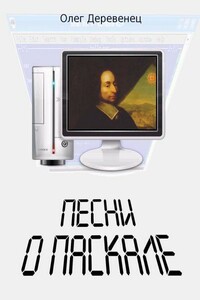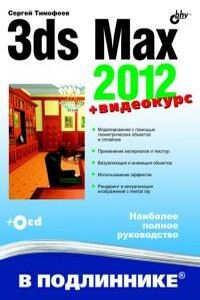The Official Radare2 Book | страница 76
You can use the compare command to find differences between a current block and a file previously dumped to a disk:
r2 /bin/true
[0x08049A80]> s 0
[0x08048000]> cf /bin/true
Compare 512/512 equal bytes
SDB stands for String DataBase. It's a simple key-value database that only operates with strings created by pancake. It is used in many parts of r2 to have a disk and in-memory database which is small and fast to manage using it as a hashtable on steroids.
SDB is a simple string key/value database based on djb’s cdb disk storage and supports JSON and arrays introspection.
There’s also the sdbtypes: a vala library that implements several data structures on top of an sdb or a memcache instance.
SDB supports:
• namespaces (multiple sdb paths)
• atomic database sync (never corrupted)
• bindings for vala, luvit, newlisp and nodejs
• commandline frontend for sdb databases
• memcache client and server with sdb backend
• arrays support (syntax sugar)
• json parser/getter
Let's create a database!
$ sdb d hello=world
$ sdb d hello
world
Using arrays:
$ sdb - '[]list=1,2' '[0]list' '[0]list=foo' '[]list' '[+1]list=bar'
1
foo
2
foo
bar
2
Let's play with json:
$ sdb d g='{"foo":1,"bar":{"cow":3}}'
$ sdb d g?bar.cow
3
$ sdb - user='{"id":123}' user?id=99 user?id
99
Using the command line without any disk database:
$ sdb - foo=bar foo a=3 +a -a
bar
4
3
$ sdb -
foo=bar
foo
bar
a=3
+a
4
-a
3
Remove the database
$ rm -f d
So, you can now do this inside your radare2 sessions!
Let's take a simple binary, and check what is already sdbized.
$ cat test.c
int main(){
puts("Hello world\n");
}
$ gcc test.c -o test
$ r2 -A ./test
[0x08048320]> k **
bin
anal
syscall
debug
[0x08048320]> k bin/**
fd.6
[0x08048320]> k bin/fd.6/*
archs=0:0:x86:32
The file corresponding to the sixth file descriptor is a x86_32 binary.
[0x08048320]> k anal/meta/*
meta.s.0x80484d0=12,SGVsbG8gd29ybGQ=
[...]
[0x08048320]> ?b64- SGVsbG8gd29ybGQ=
Hello world
Strings are stored encoded in base64.
List namespaces
k **
List sub-namespaces
k anal/**
List keys
k *
k anal/*
Set a key
k foo=bar
Get the value of a key
k foo
List all syscalls
k syscall/*~^0x
List all comments
k anal/meta/*~.C.
Show a comment at given offset:
k %anal/meta/[1]meta.C.0x100005000
Radare2 comes with the lean readline-like input capability through the lean library to handle the command edition and history navigation. It allows users to perform cursor movements, search the history, and implements autocompletion. Moreover, due to the radare2 portability, dietline provides the uniform experience among all supported platforms. It is used in all radare2 subshells - main prompt, SDB shell, visual prompt, and offsets prompt. It also implements the most common features and keybindings compatible with the GNU Readline.


